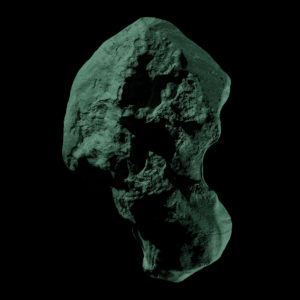
Morwan
Zola-Zemlya
Feel It Records
Working our way through as much post-punk as we do at I Die: You Die, it’s impossible to not notice broader trends in or subdivisions of the genre. Be it high-gloss romantic stuff with cross-over potential, goth-flavoured doomy fare, or moody melodic acts who border on darkwave, we’d like to think we’re pretty well-versed in it all. It’s in part because of that presumed familiarity that a record like Morwan’s Zola-Zemlya comes as a complete stunner, bringing seamlessly integrated folk traditions to weighty post-punk in a hitherto unheard of manner.
The one-man act of Alex Ashtaui was born out of a desire to fuse his existing experience in post-punk with the folk traditions of his Ukrainian and Arabic heritage. The result makes for undeniably compelling listening, even if one is as plum ignorant of those latter sounds as I am. The extra twangs and poly-rhythms which Ashtaui weaves into raw and muscular bass and drum arrangements are unlike anything I’ve heard within the genre, and add evocative texture and tension to tracks which already have plenty of drama and colour. Closer “Где-то там вдали” builds up hypnotic, looping crashes of riff and rhythm with a freneticism recalling Swans’ The Great Annihilator, while the combo of lurching no wave riffs and rapid fire acoustic plucking of “Черное солнце”, all in varying time signatures, is totally arresting.
It’s one thing to add flourishes from outside one’s core sounds here and there – an ambient instrumental opener here, a dip into pure noise there, a throwback passage sampled for connotation more than musicality. But above and beyond the immediate novelty of Ashtaui’s combination of sounds is the perfectly blended combination of post-punk and folk sounds, often making it impossible to distinguish between the composite styles amidst the propulsive, full-bodied drive of Zola-Zemlya‘s ambitiously constructed tunes (each over five minutes long and creating peaks, valleys, and recapitulations).
The Russian lyrics of the project obviously create something of a thematic impasse to anglo listeners like myself (the copy cites “a profound reverence for nature in Morwan’s lyrics”), but even taking that into account it’s difficult to not get swept up by the rapid fire cadence of the lyrics, breaking here and there from their trance-like monotone to take on emotive keening or furious yelps. Is the mystery of the vocals and the sheer inventiveness of the concept part of Zola-Zemlya‘s appeal? Of course, but even after one’s adjusted for that the fury, intensity, and intelligence of Morwan’s material stands up. Highly recommended.

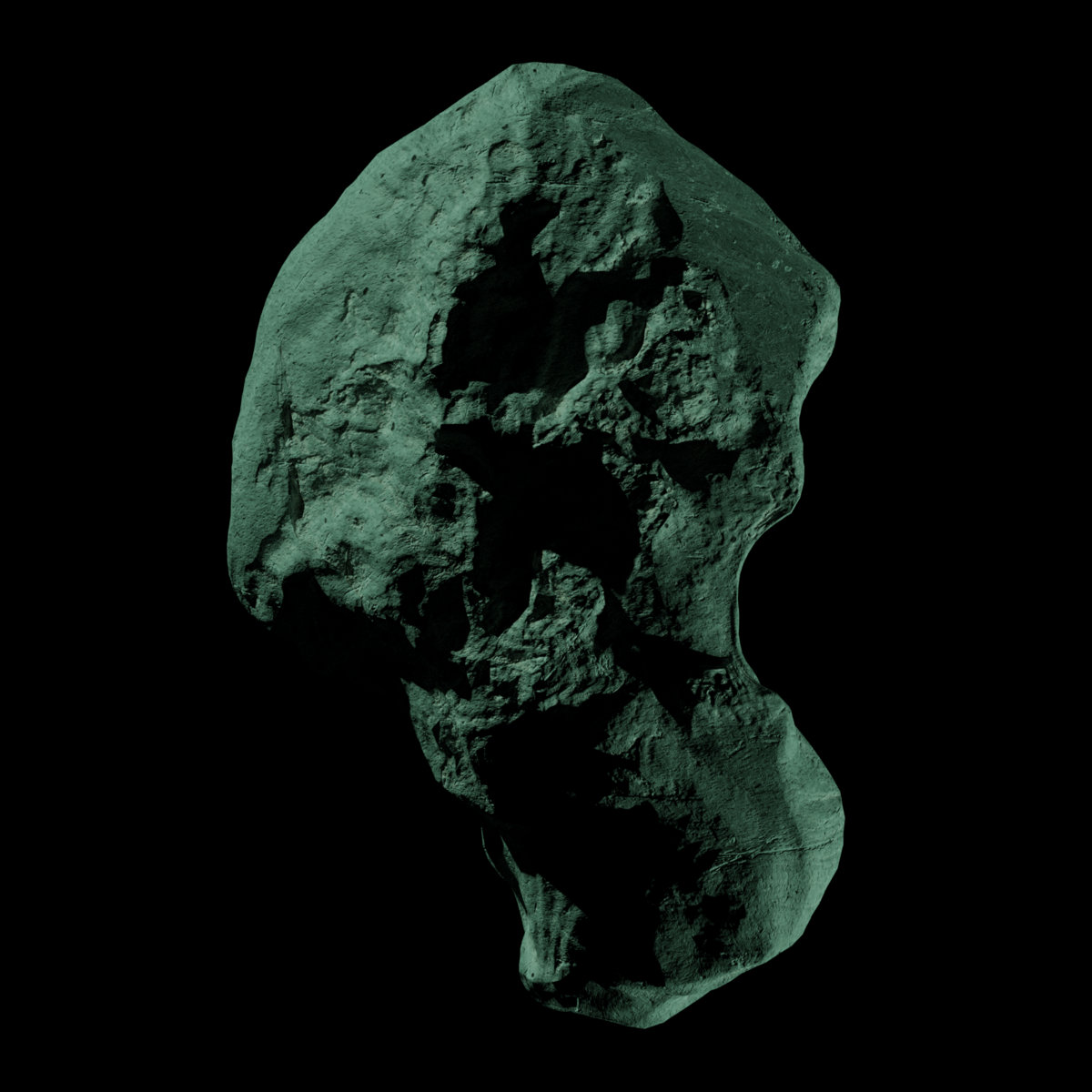
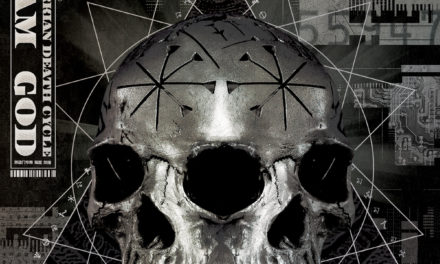
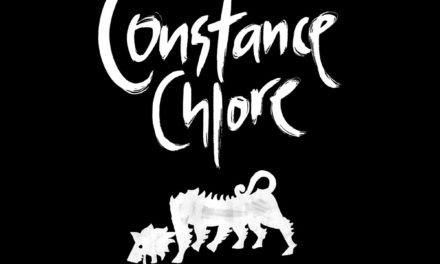
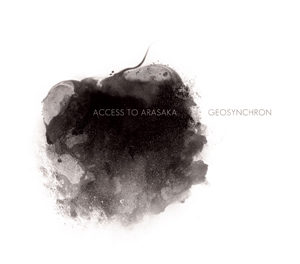
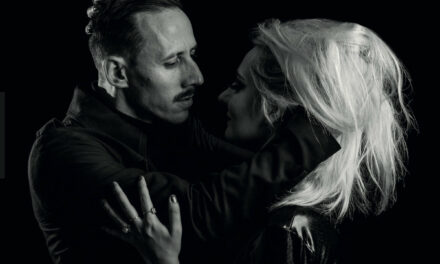
Trackbacks/Pingbacks